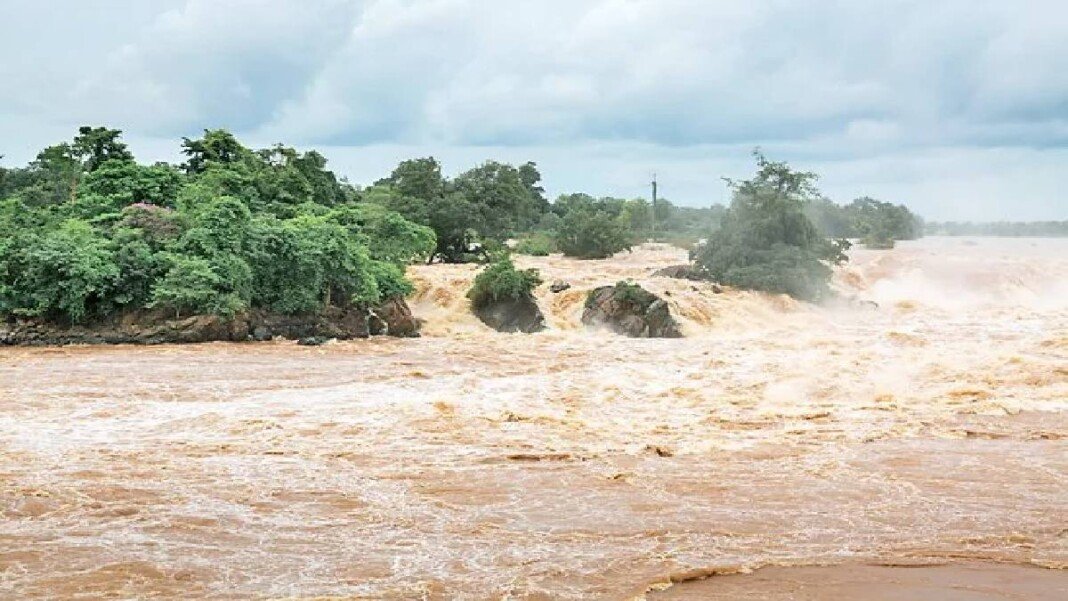NEW DELHI, May 14: India experienced over half a million internal displacements due to floods, storms, earthquakes, and other disasters in 2023, a sharp dip from around 2.5 million displacements in 2022, according to a global report released on Tuesday.
Deadly floods left behind a trail of destruction in the Himalayan states of Himachal Pradesh and Uttarakhand last year. The glacial lake outburst flood in Sikkim in October 2023 led to the collapse of a hydroelectric dam, killed more than 100 people, and affected more than 88,000.
In Delhi, identified as a “flood displacement hotspot”, the Yamuna River overflowed after heavy rains on July 9, 2023, prompting authorities to evacuate residents from their homes.
The report by the Geneva-based Internal Displacement Monitoring Centre (IDMC) said around 27,000 displacements in the national capital.
On July 9, Delhi recorded 153 mm of rainfall in just 24 hours, the highest single-day rainfall since July 25, 1982.
Overall, South Asia reported around 3.7 million internal displacements in 2023, with disasters causing 3.6 million, the lowest figure since 2018.
Researchers attributed the decline in displacements due to disasters partly to the El Nino event, which brought below-average rainfall during the monsoon and a weaker cyclone season.
However, floods and storms continued to displace people, often in the same areas.
At 3,52,000, India’s flood displacement figure was the lowest since 2008, with the largest event triggering about 91,000 displacements in Assam in June, affecting 20 districts.
Cyclone Biparjoy, which formed in the Arabian Sea in early June, led to widespread flooding across Gujarat and Rajasthan, causing 105,000 displacements as it moved inland.
Cyclone Mocha, the largest disaster displacement event of 2023 in South Asia, triggered 1.3 million displacements in Bangladesh, mainly in Cox’s Bazar district.
Forecasting and early warnings allowed authorities to initiate emergency procedures before Mocha’s landfall, aiding pre-emptive evacuations from densely populated areas.
The IDMC said South Asia’s cyclone season was less intense in 2023 than in previous years because of El Nino, but storms still triggered 1.8 million movements, about half of the region’s disaster displacements.
Government-led pre-emptive evacuations accounted for at least three-quarters of this figure.
According to the report, disasters triggered 26.4 million displacements in 2023, the third highest annual total in the last 10 years.
No country is immune to disaster displacement, said Alexandra Bilak, the director of IDMC.
“But we can see a difference in how displacement affects people in countries that prepare and plan for its impacts and those that don’t. Those that look at the data and make prevention, response and long-term development plans that consider displacement fare far better,” she said.
Extreme weather events such as floods and heatwaves are becoming more frequent and are projected to increase manifold in India in the future due to climate change, according to a 2022 report by researchers at the Indian Institute of Technology, Gandhinagar.
The increase in the concentration of heat-trapping greenhouse gases has heightened instability in the atmosphere, leading to increased convective activity thunderstorms, lightning, and heavy rain events.
According to meteorologists, cyclonic storms are intensifying rapidly and retaining their intensity for longer durations due to global warming. (PTI)








